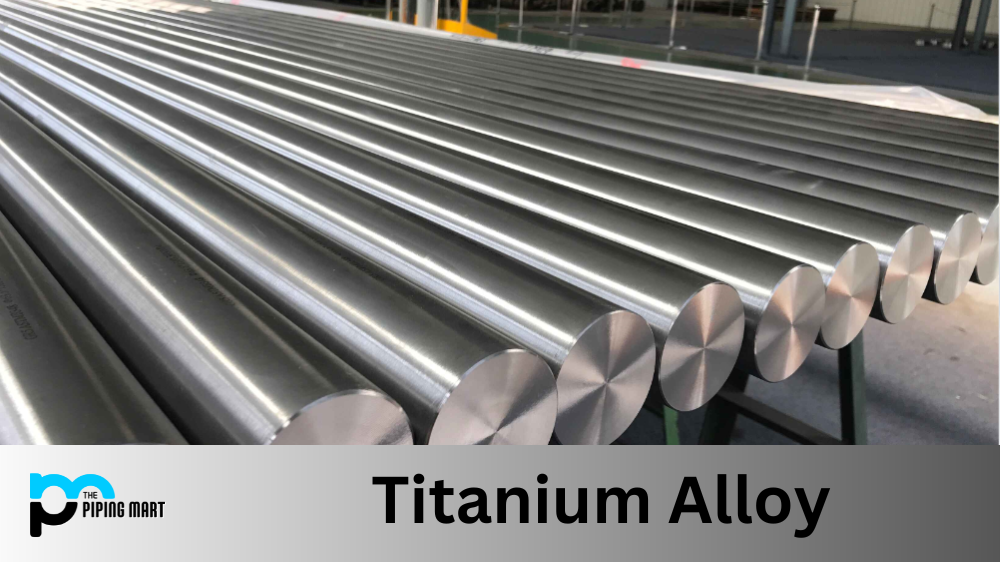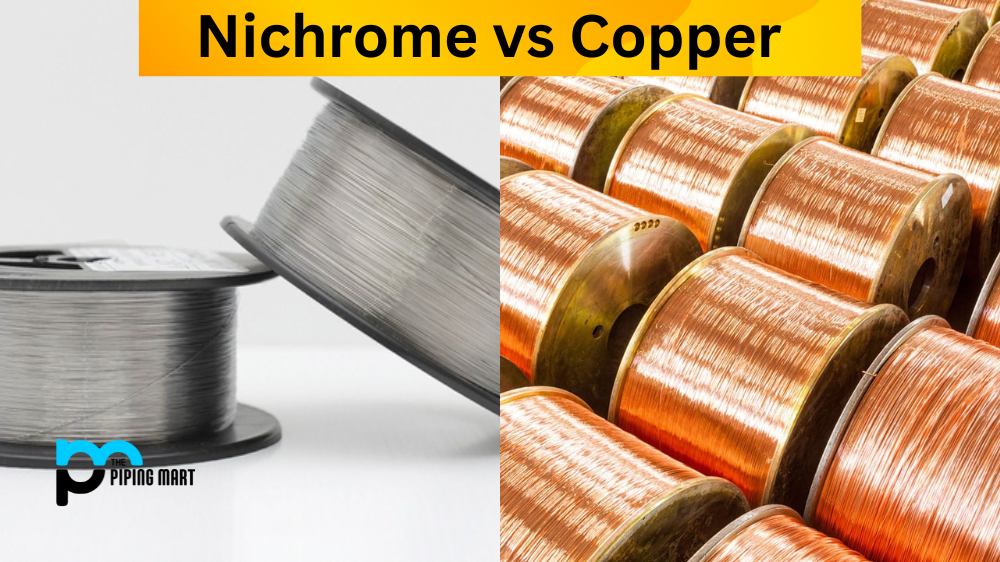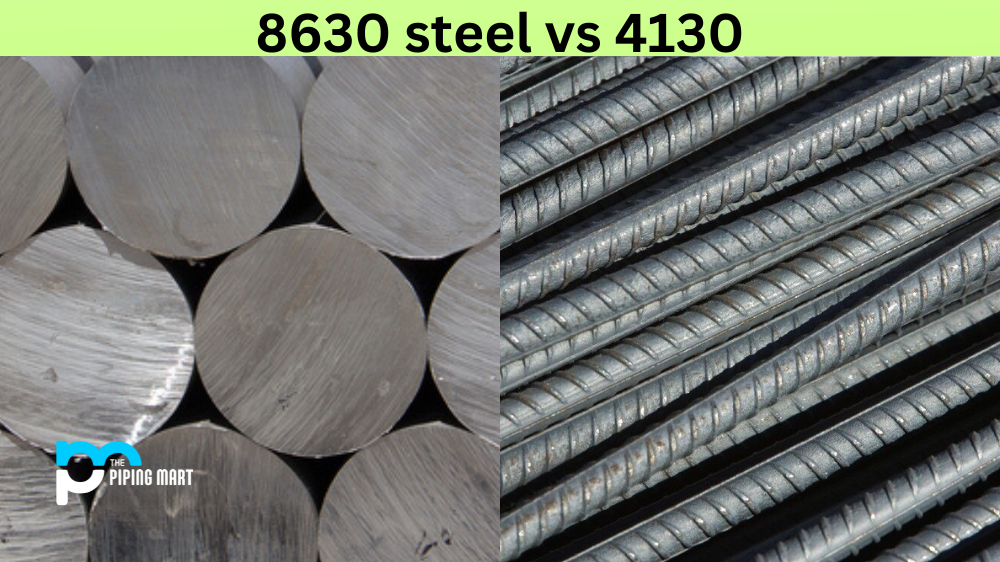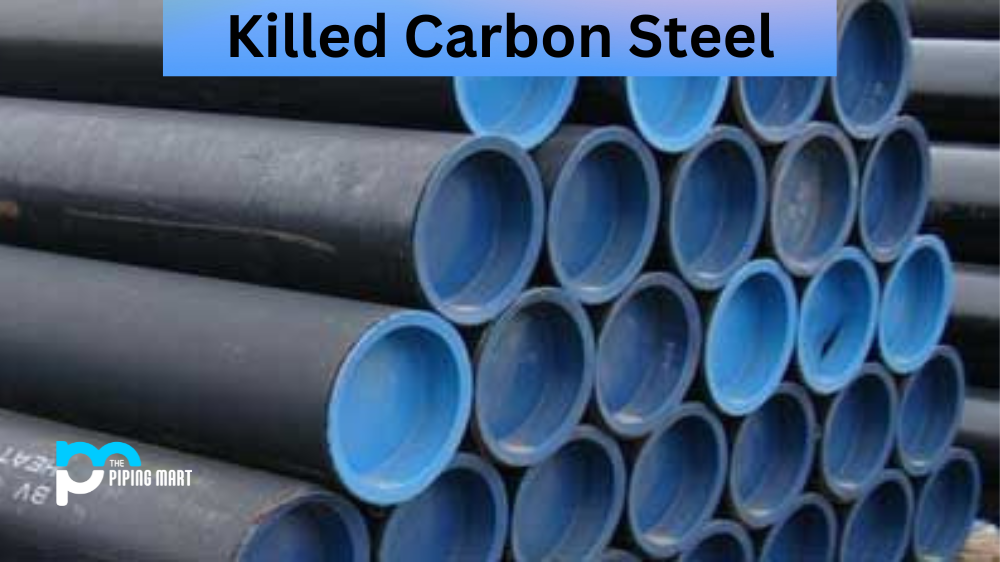As technology advances, more and more industries are finding new and innovative ways to use various materials. One such material is titanium alloy, which is becoming an increasingly popular choice for shipbuilding. But what makes titanium so attractive to the shipbuilding industry? Let’s explore the advantages of titanium alloy in shipbuilding.
Titanium alloys have made an increasingly larger impact on the shipbuilding industry in recent years due to their numerous advantages. In comparison to other metals, they are lighter and stronger yet still offer sufficient ductility. They also feature excellent corrosion resistance, which holds up well in environments with high saline levels, such as those found around vessels at sea and ports. Furthermore, titanium alloys have been proven to possess greater fatigue and fracture strength than both aluminum and steel. The combination of these qualities makes them a desirable choice for building marine structures that demand reliability, robustness, and longevity. Finally, due to the higher cost of fabricated titanium alloy components compared to steel or aluminum, shipbuilders can expect increased durability when using them in hulls or other mechanisms subjected to wear-and-tear during operation. Titanium alloys in shipbuilding are essential for creating strong, reliable vessels and ensuring the safety of passengers and crews alike.
Increased Strength and Durability
One of the main advantages offered by titanium alloy is its increased strength and durability. Compared to other metals like steel, titanium has a higher tensile strength, meaning it can handle heavier loads without breaking or becoming deformed. It’s also highly resistant to corrosion and abrasion, making it ideal for ships exposed to harsh conditions over long periods. This makes it a great choice for vessels that will be used in extreme environments like deep-sea exploration or military applications.
Lightweight Construction
Another benefit of using titanium alloy in shipbuilding is its lightweight properties. While steel is heavy, titanium is much lighter, allowing ships constructed with it to move faster through the water with less fuel consumption. This makes it particularly attractive for commercial vessels that must be as efficient as possible when transporting cargo or passengers over long distances. The lighter construction also means less stress on the hull and other components, making repairs easier and faster if needed.
Cost Effectiveness
Finally, another advantage of using titanium alloy in shipbuilding is its cost-effectiveness. While initially more expensive than steel due to its scarcity, the cost-savings derived from increased efficiency and reduced maintenance make up for this difference over time. In addition, because of its strength and durability, you don’t have to worry about replacing components as often as you would with steel or other materials—which can save you even more money in the long run!
Conclusion
Titanium alloy has become an increasingly popular choice for shipbuilders due to its numerous advantages over traditional materials like steel. It offers increased strength and durability while being lightweight enough to reduce fuel consumption during voyages—all without sacrificing safety or reliability. With its cost-effectiveness and easy maintenance requirements, it’s no wonder why so many companies are now turning towards this versatile metal as their preferred material for building vessels of all shapes and sizes!

Pipingmart is B2B portal specializes in industrial, metal and piping products. Also, share latest information and news related to products, materials and different types grades to help business dealing in this industry.




